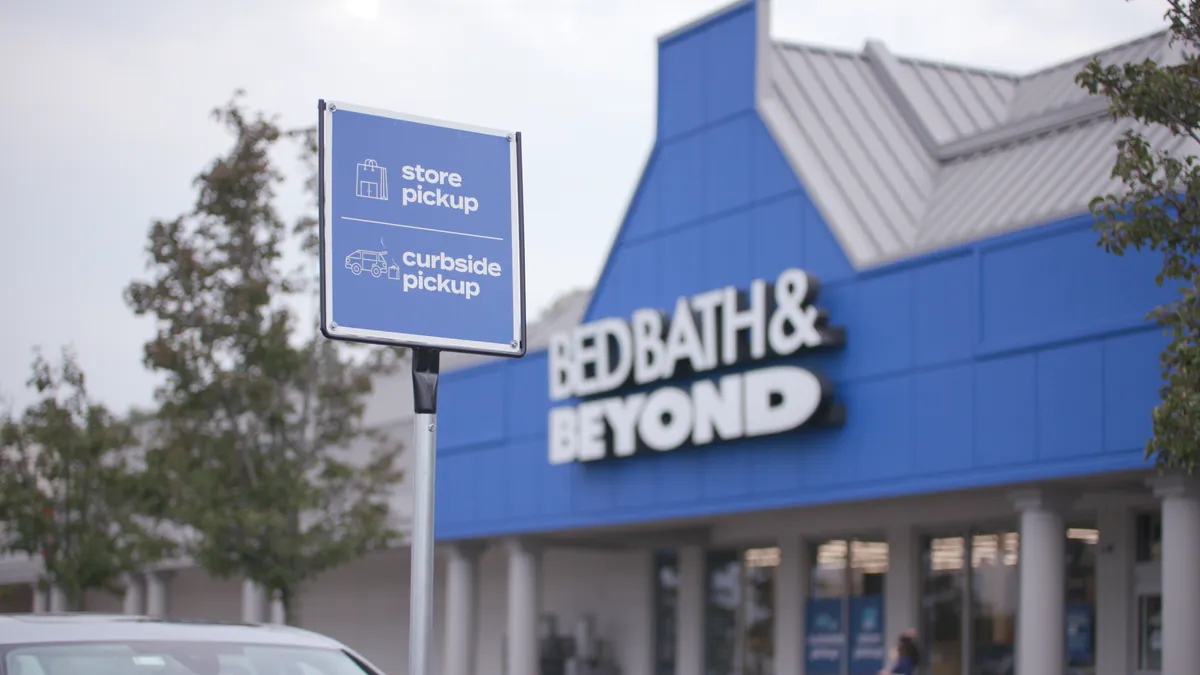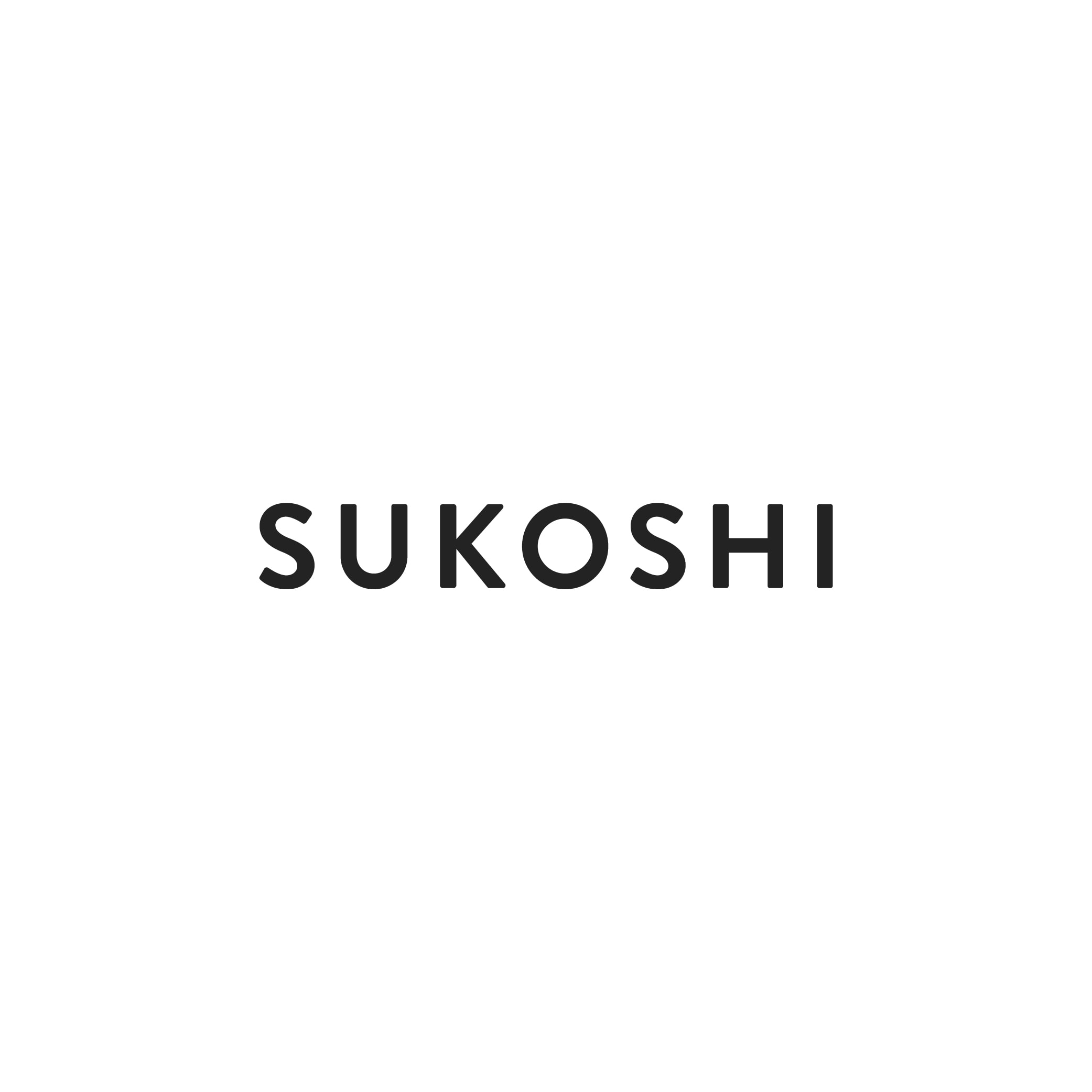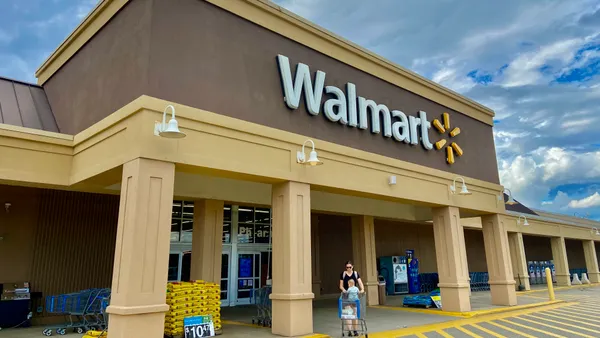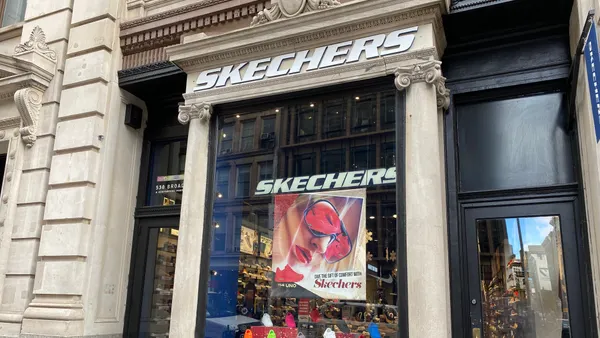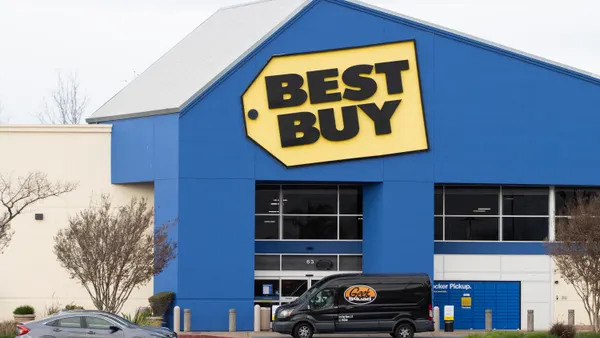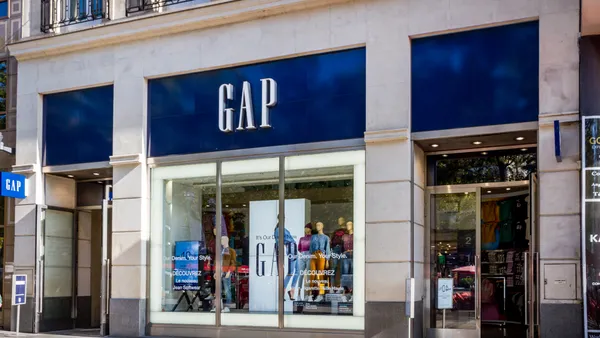Dive Brief:
- Amid a flurry of announcements Tuesday, Bed Bath & Beyond said it formed a partnership with Kroger. Products from Bed Bath & Beyond's namesake banner and BuyBuy Baby, including the company's private labels, will be available for purchase in select Kroger stores beginning in 2022 as well as on the grocer's website.
- The retailer on Tuesday also announced the launch of a digital marketplace, which will sell products from third-party brand partners and will be integrated into the company's digital platform.
- Bed Bath & Beyond also said it is two years ahead of schedule for its share repurchase program, now expecting to complete it by the end of the fiscal year. Since fiscal 2020, the retailer has repurchased $600 million in shares with $400 million remaining, which the company expects to repurchase in the third and fourth quarters.
Dive Insight:
It's been about two years since Mark Tritton left the chief merchant position at Target to lead Bed Bath & Beyond's turnaround.
Tuesday's announcements "provide a welcome injection of energy into a business where momentum has slowed over recent months," GlobalData Managing Director Neil Saunders said in emailed comments.
Over the past two years, the home goods retailer has rolled out a number of initiatives in an attempt to turn its business around. Bed Bath & Beyond last year laid out a plan to launch 10 private labels — seven of which have already launched — invest in technology, build on its "omni-always" approach and remodel stores. To the latter point, the retailer in September announced it's remodeled about 70 stores so far, including its New York City flagship, which reopened in July. Bed Bath & Beyond also teamed up with DTC mattress brand Casper to create a shop-in-shop at its flagship, as well as formed an exclusive partnership with Kris Jenner's cleaning products line, Safely.
But, as Saunders notes, "these efforts have struggled to deliver a sustained performance."
Bed Bath & Beyond in September reported second quarter net sales fell 26% to $2 billion, while comparable sales fell 1% as a result of foot traffic declines to stores. The retailer also swung into the red, reporting a net loss of $73 million from a profit of $218 million a year ago.
But Tritton on Tuesday expressed confidence that the addition of a marketplace will help bolster the retailer's presence online — where many shoppers have turned to buy goods since the start of the pandemic.
"Marketplace is yet another example of how we continue to redefine our business model," Tritton said in a statement. "We are developing new avenues of long-term profitable growth to allow us to organically build on our existing authority in the Home and Baby categories. We will continue to leverage our market position to drive both customer acquisition and retention."
The home category of retail exploded during the pandemic as consumers took on home-related projects and invested in the space they were spending the majority of their time in. As demand in the category begins to wane, Saunders cautioned that "there is a very real danger that Bed Bath & Beyond's efforts will be overshadowed by tougher market conditions."
The retailer's tie-up with Kroger may help offset the drop in demand as it lends the potential for Bed Bath & Beyond to attract a new set of customers and remain on its existing base's radar.
Bed Bath & Beyond on Tuesday also announced a realigning of its organizational structure: Anu Gupta, who has been the retailer's chief strategy and transformation officer since September 2020, has been named chief growth officer, a newly created role; Rafeh Masood, the current chief digital officer and interim chief brand officer, will be chief customer officer, another newly created role; and John Hartmann, the company's chief operating officer, will oversee partnership execution and lead the company's IT and supply chain.



